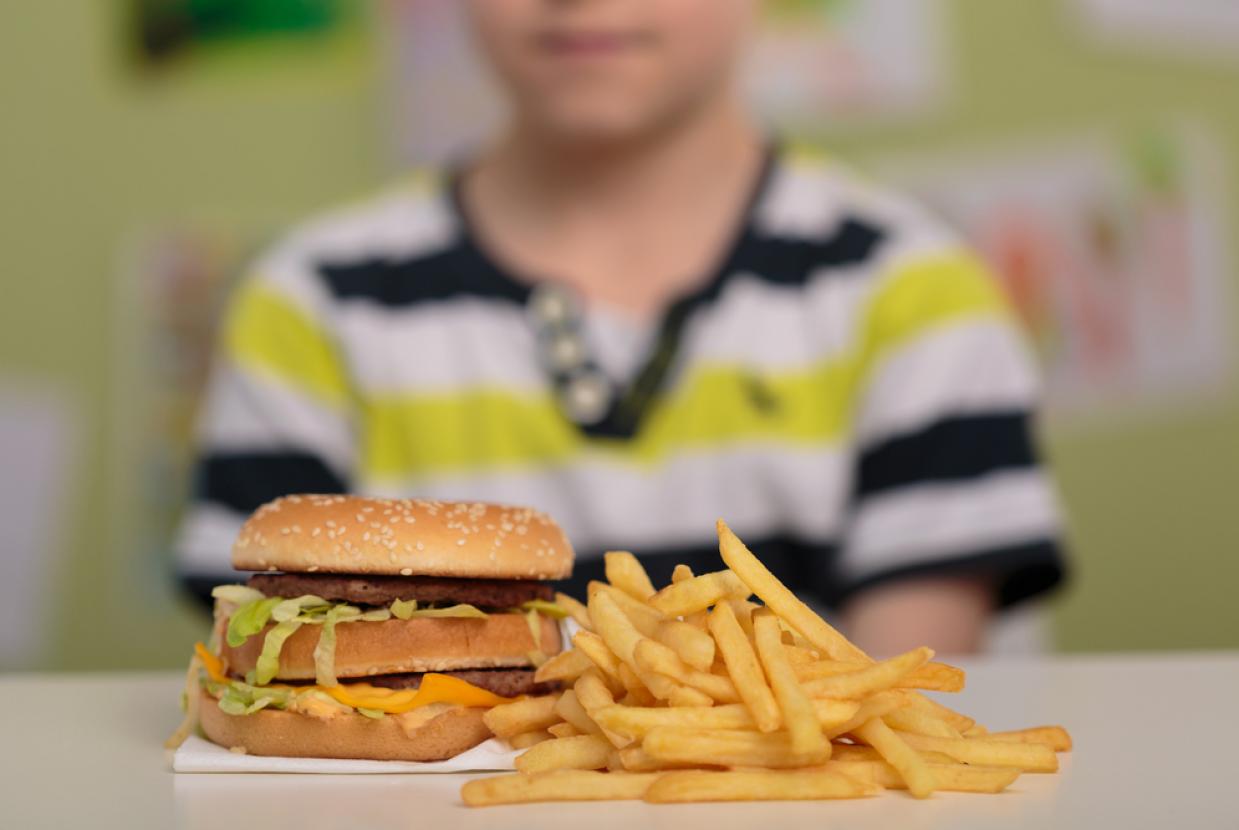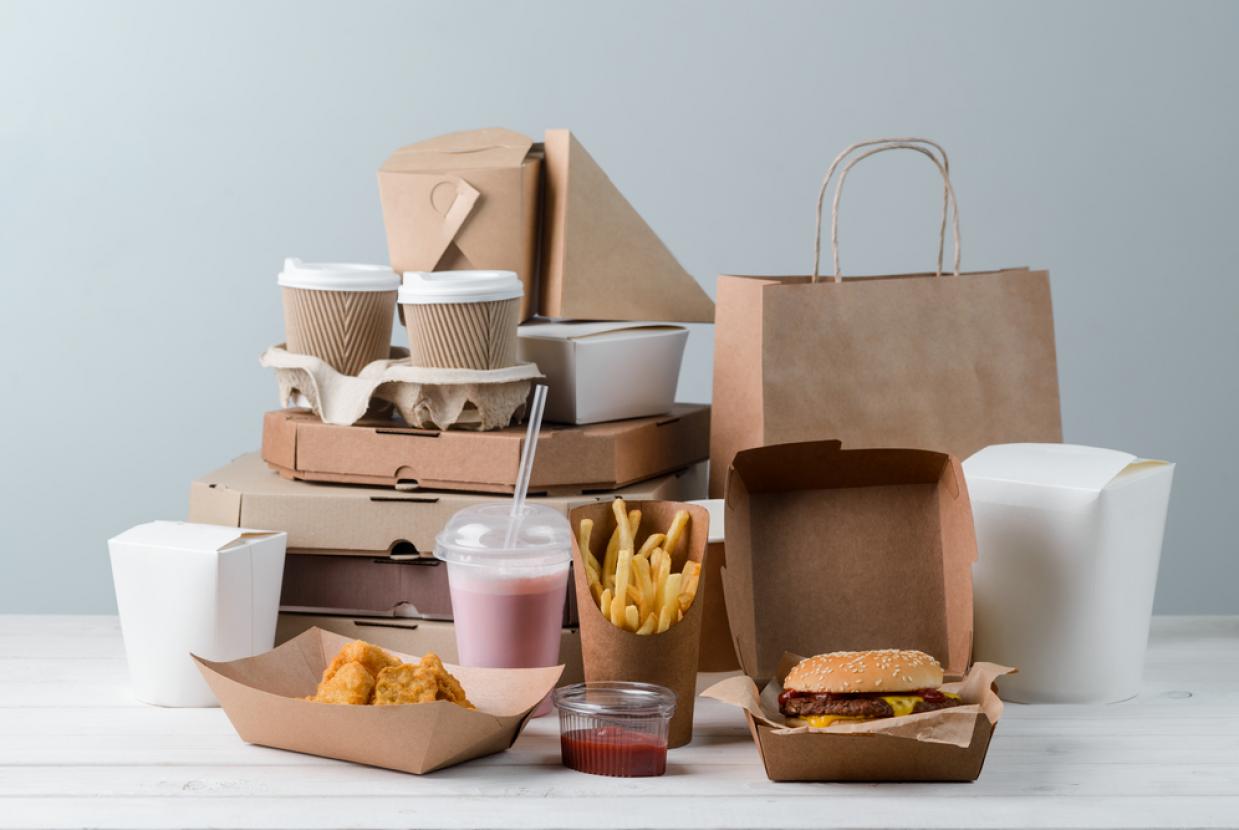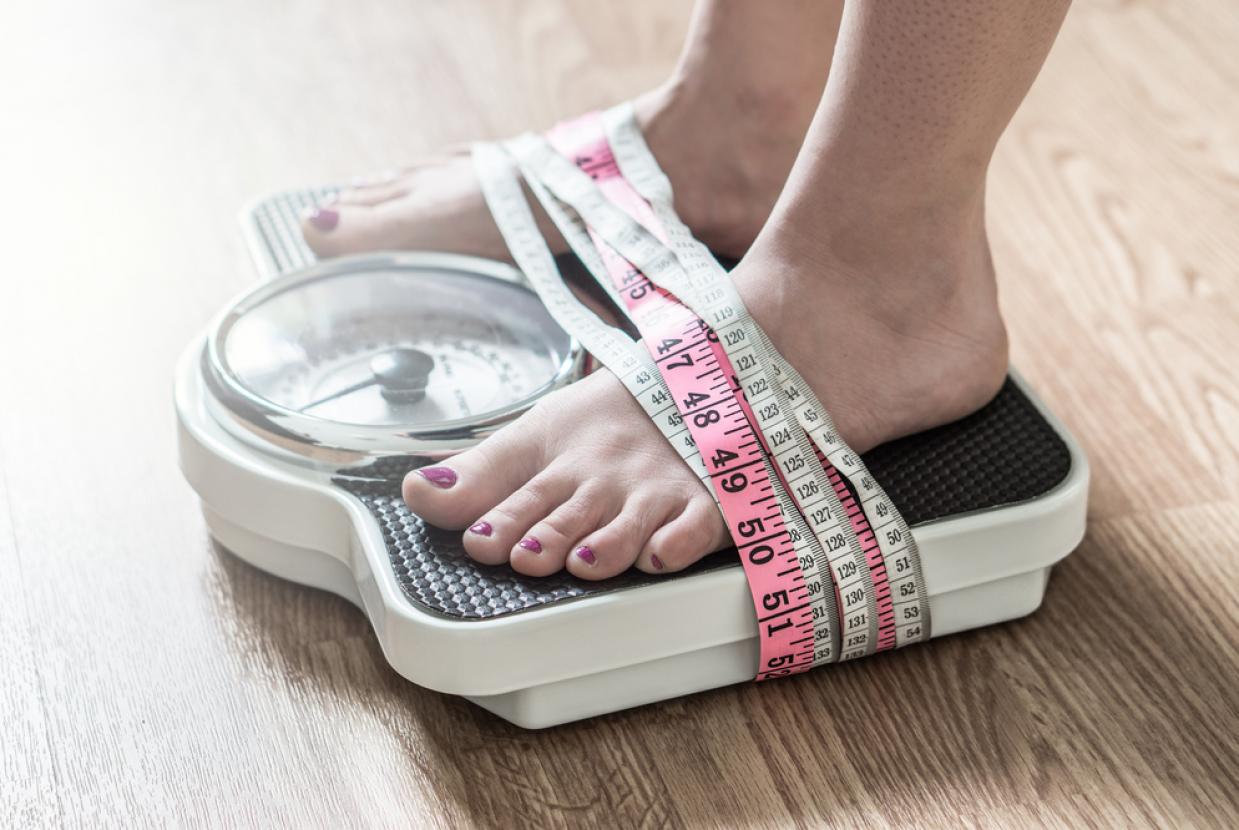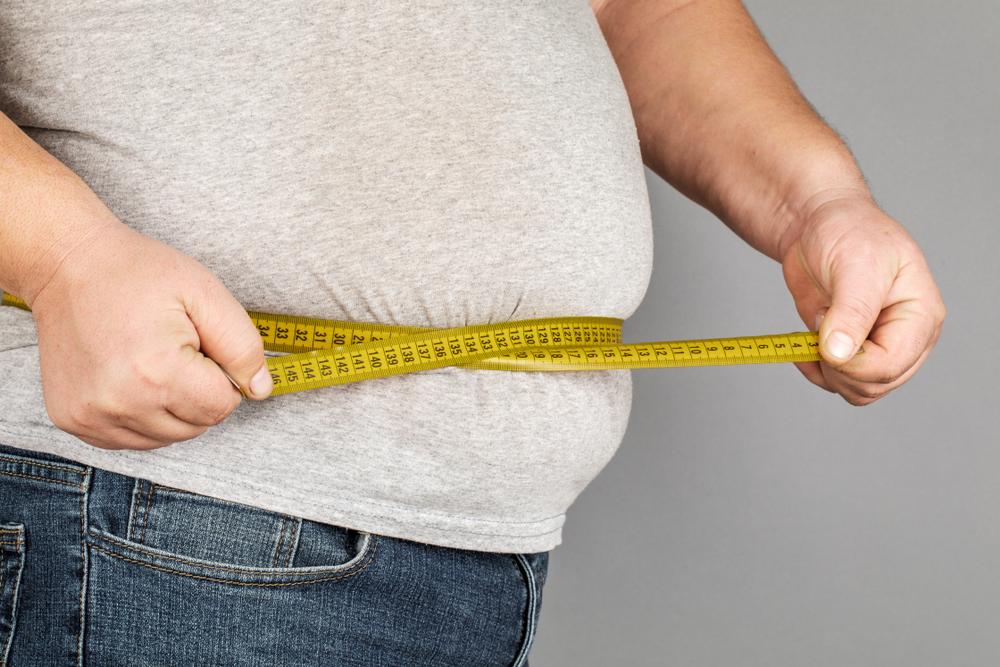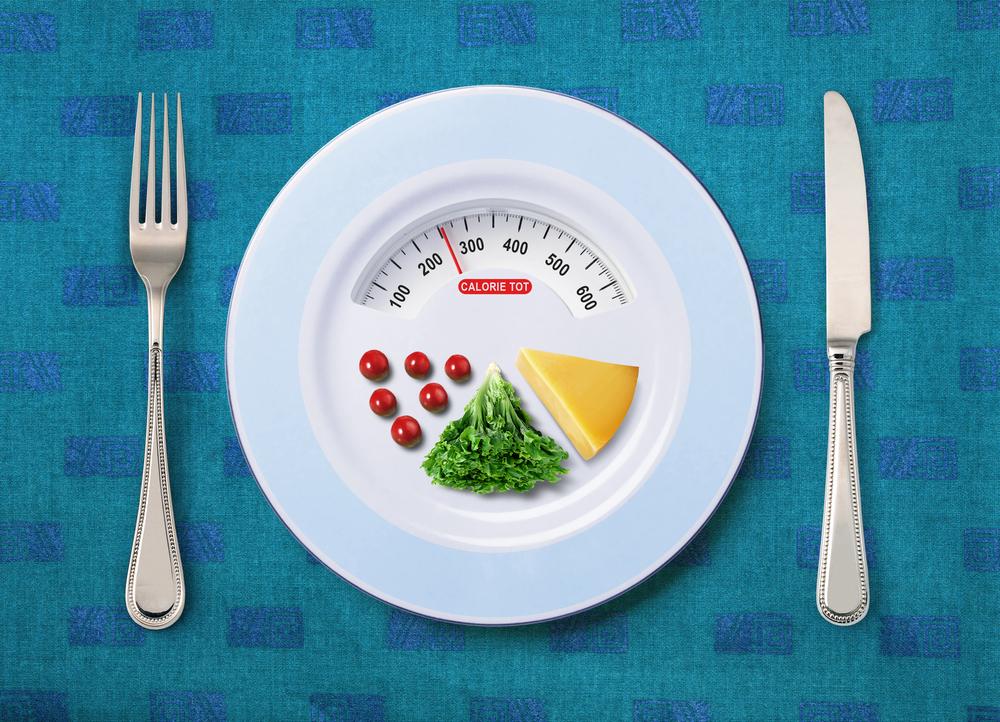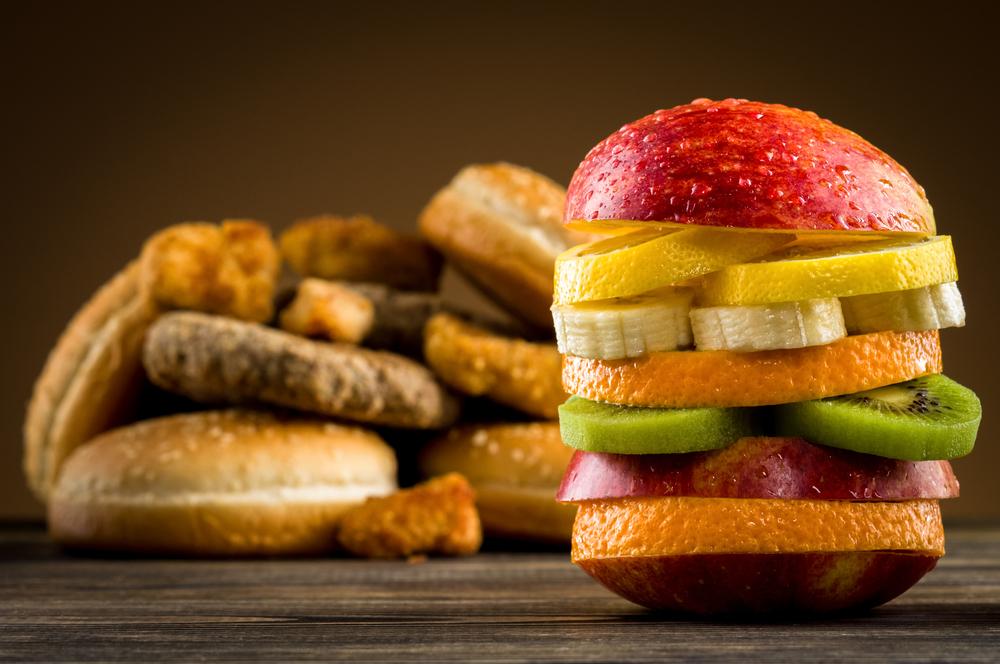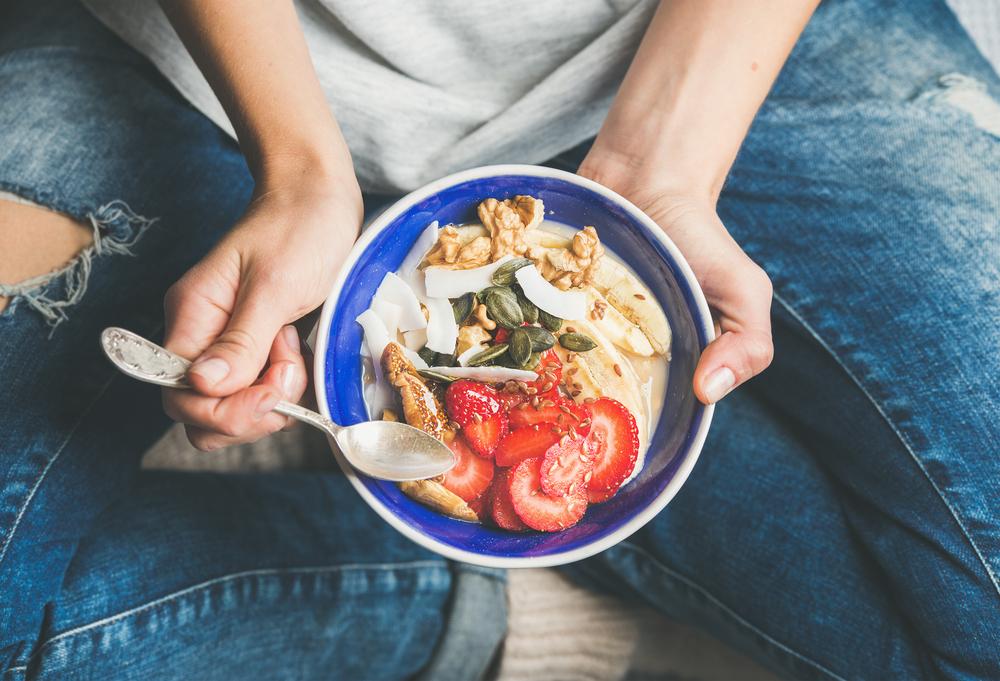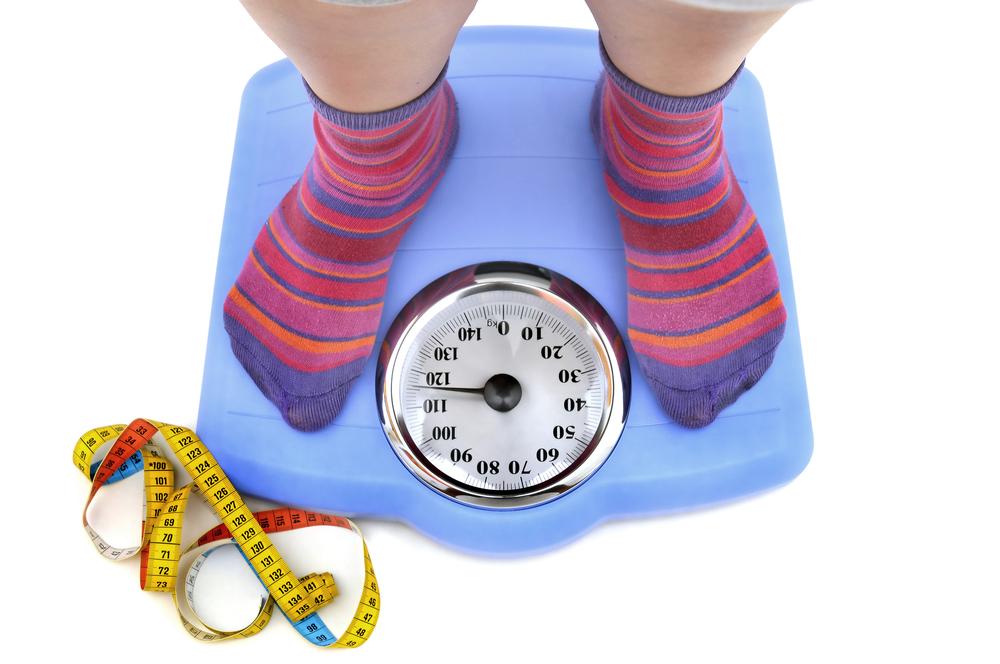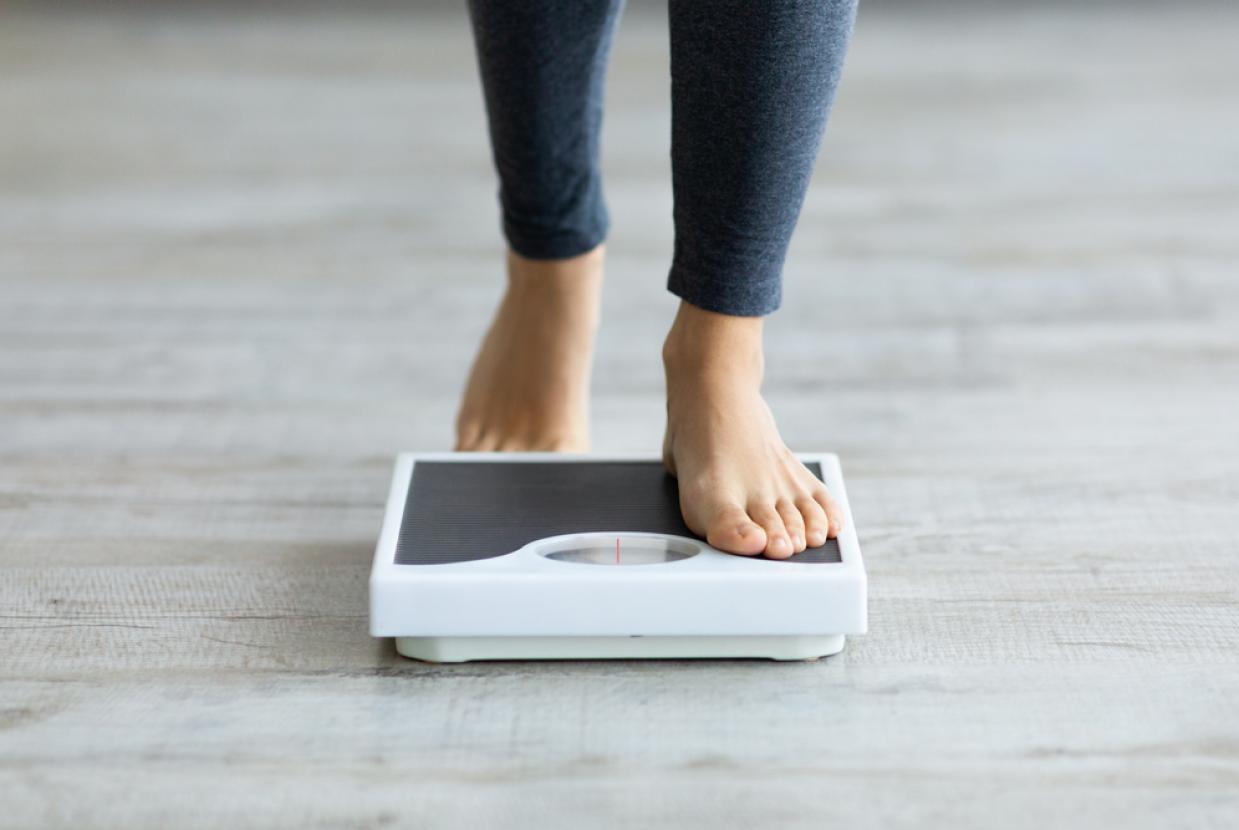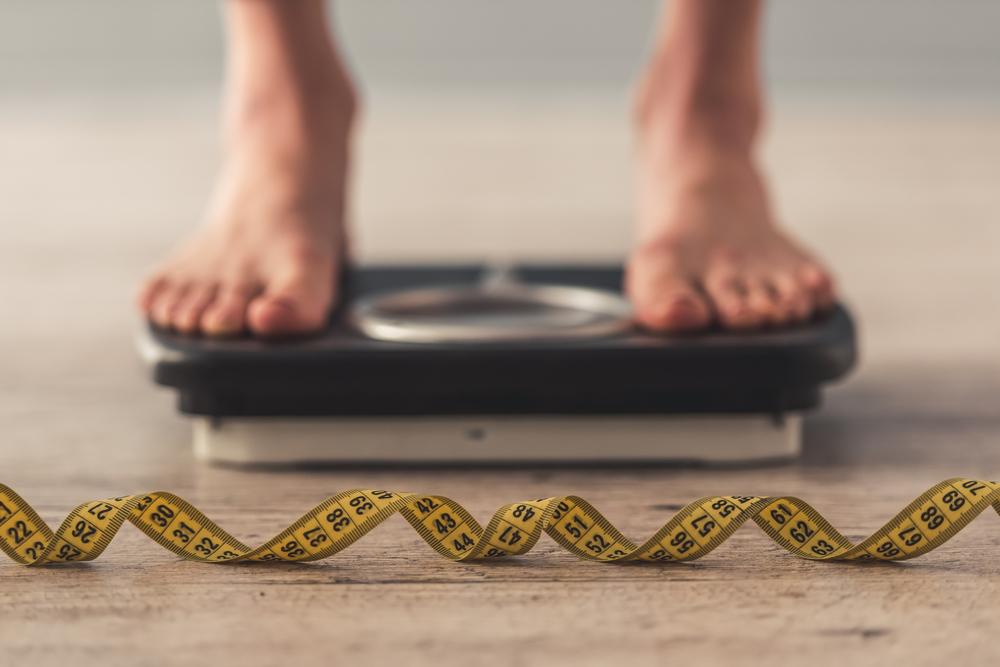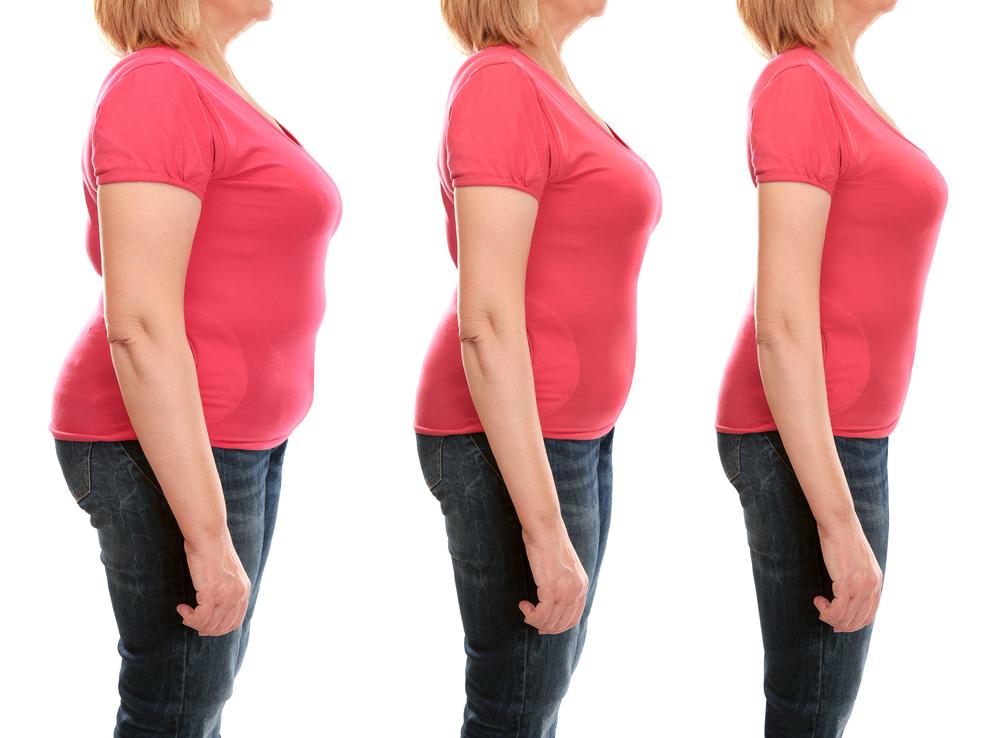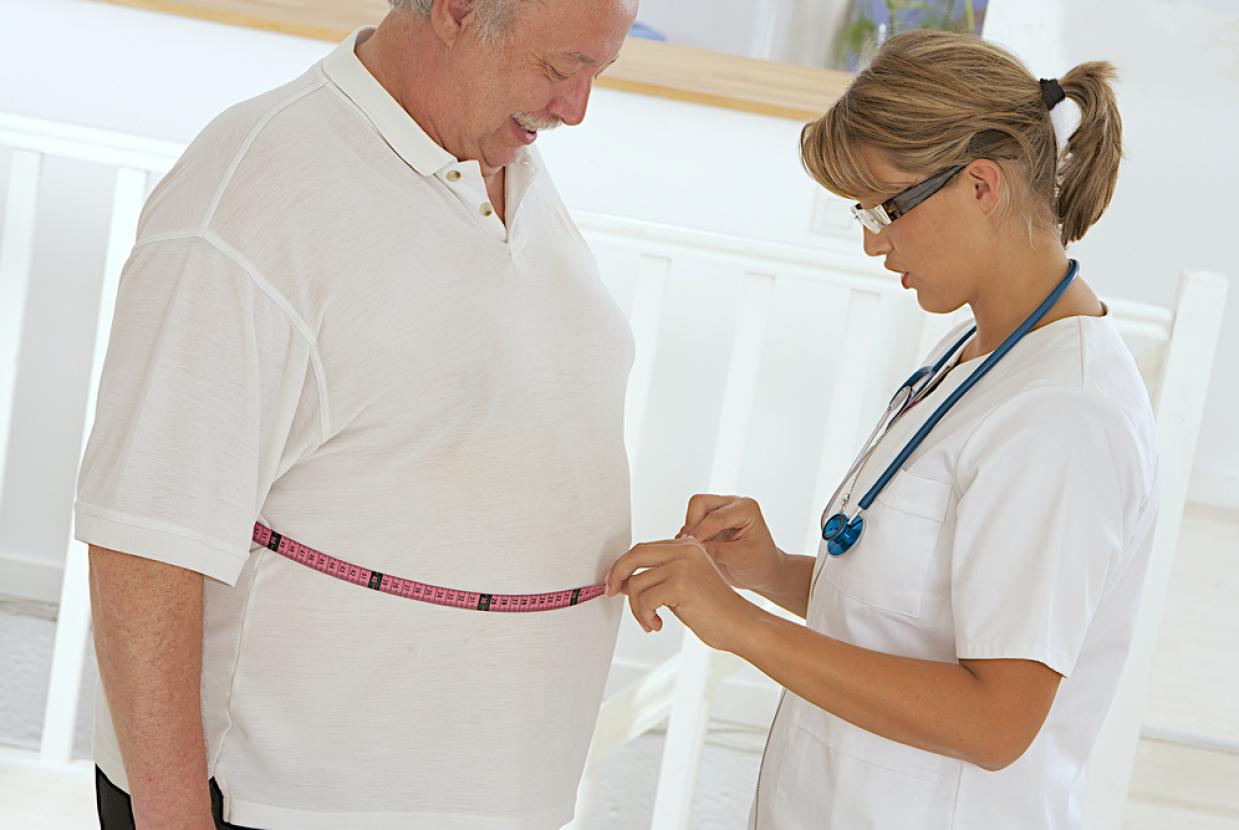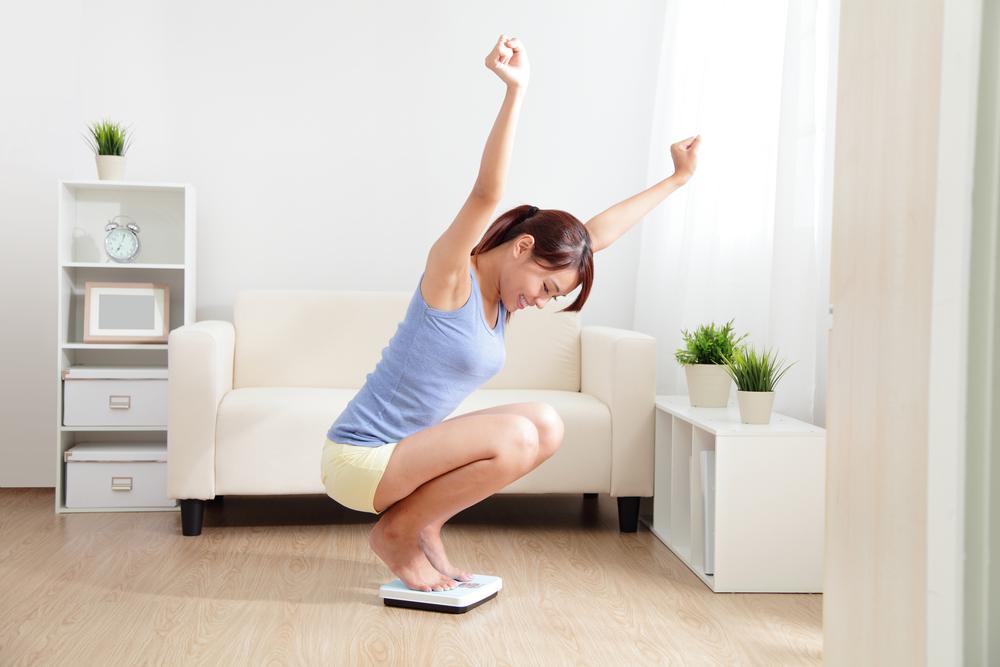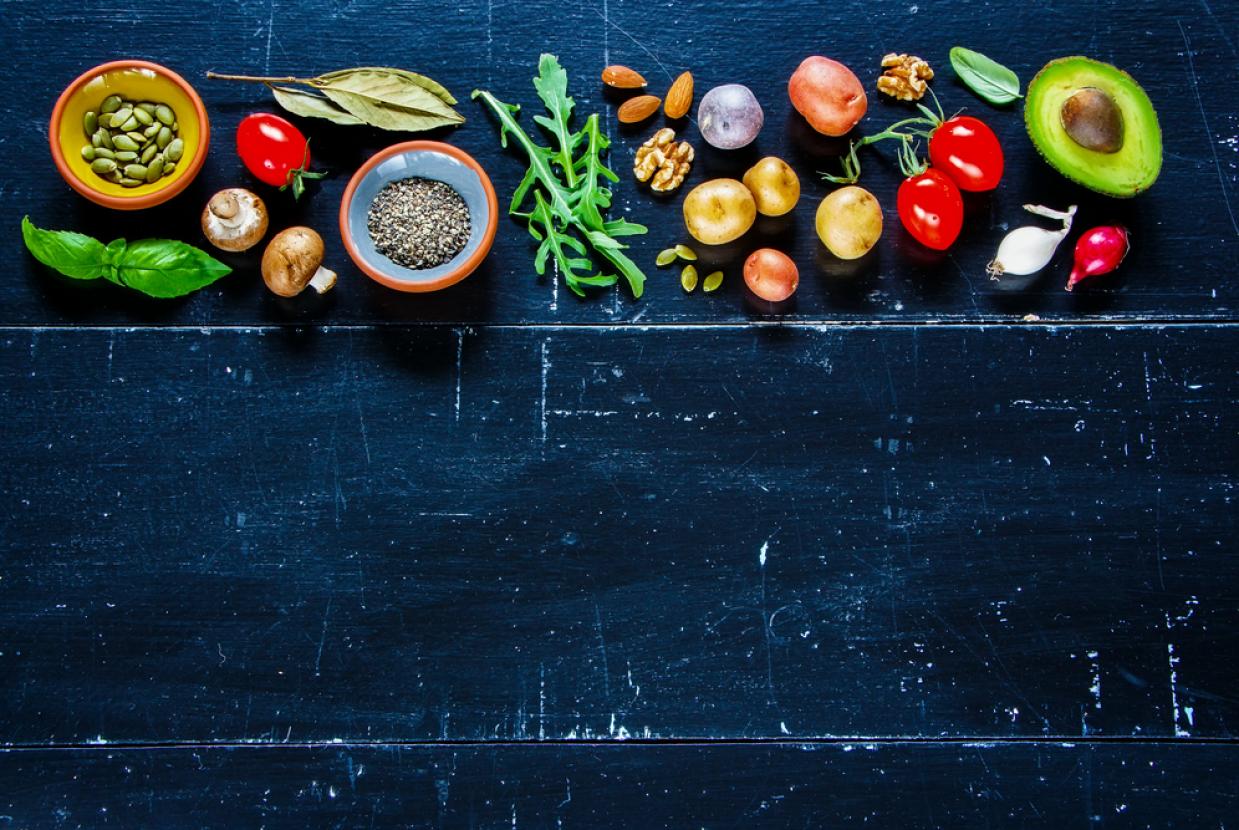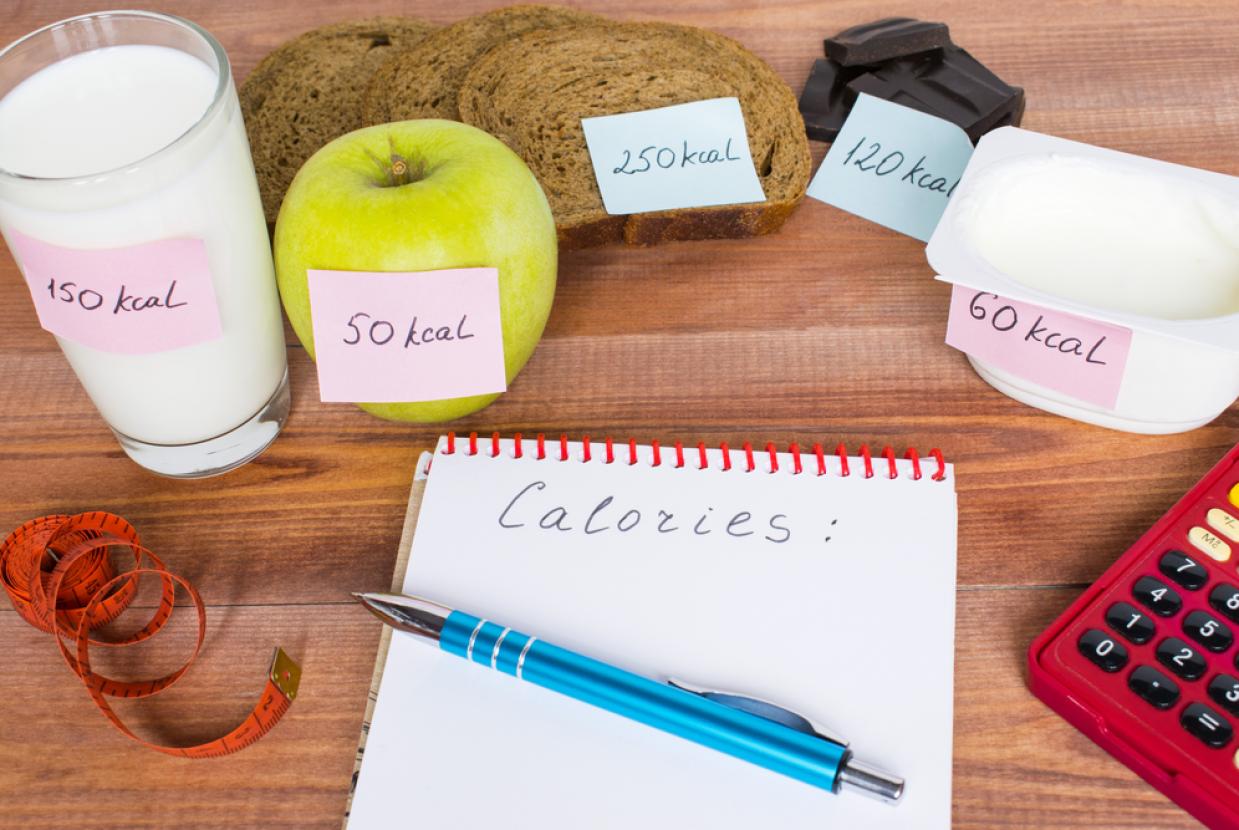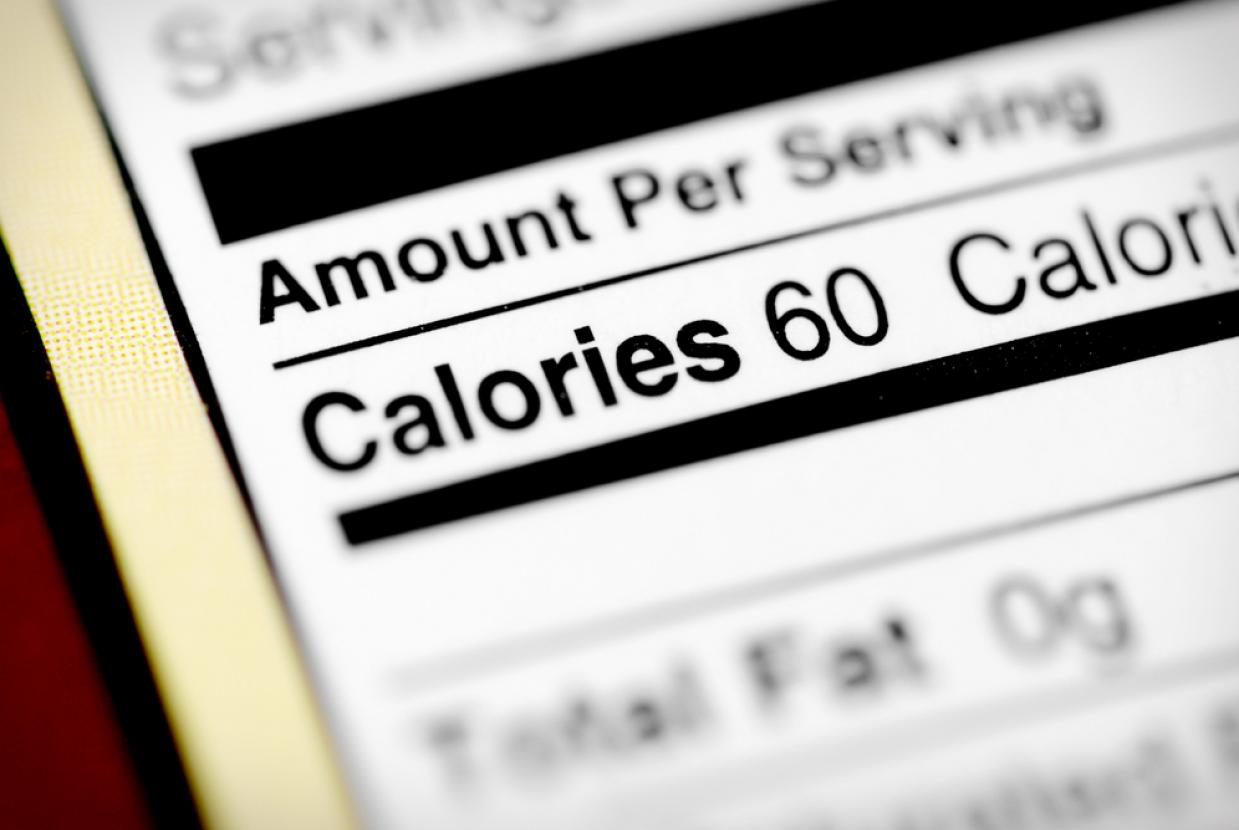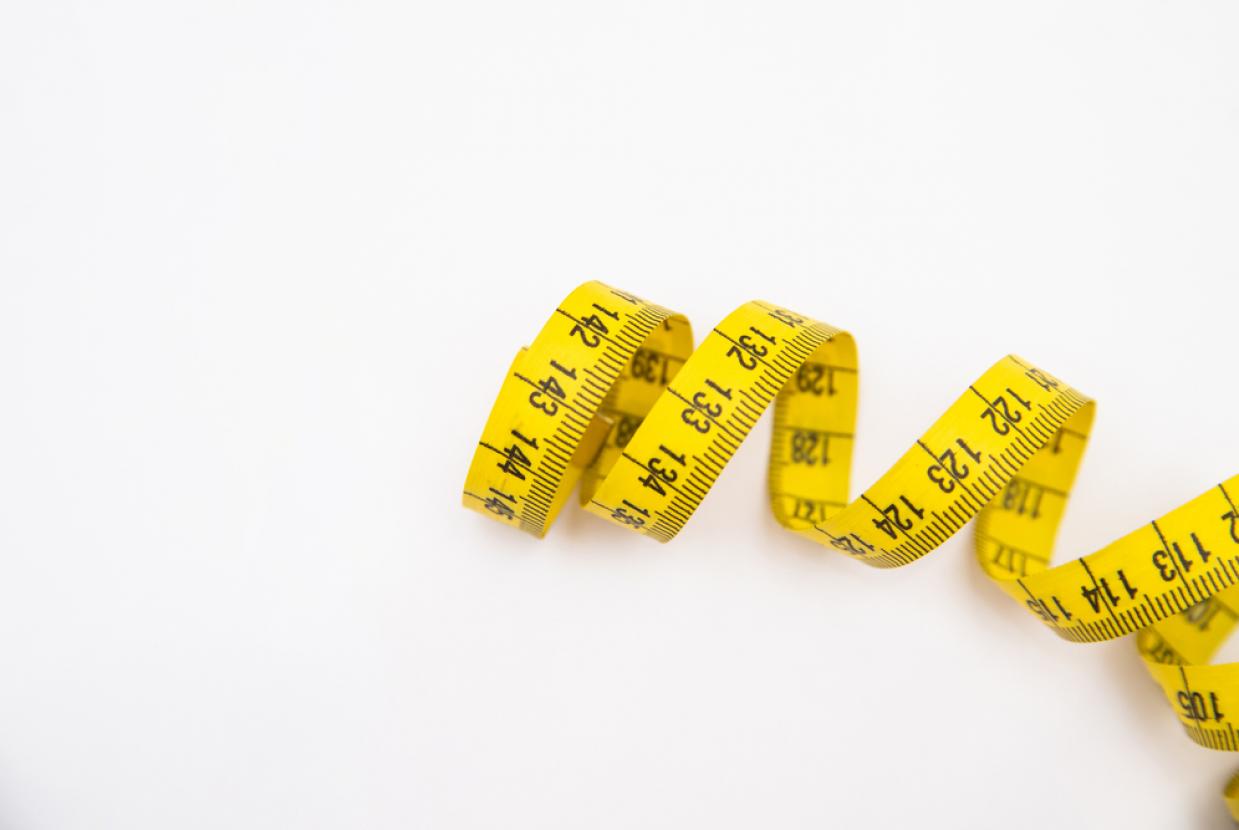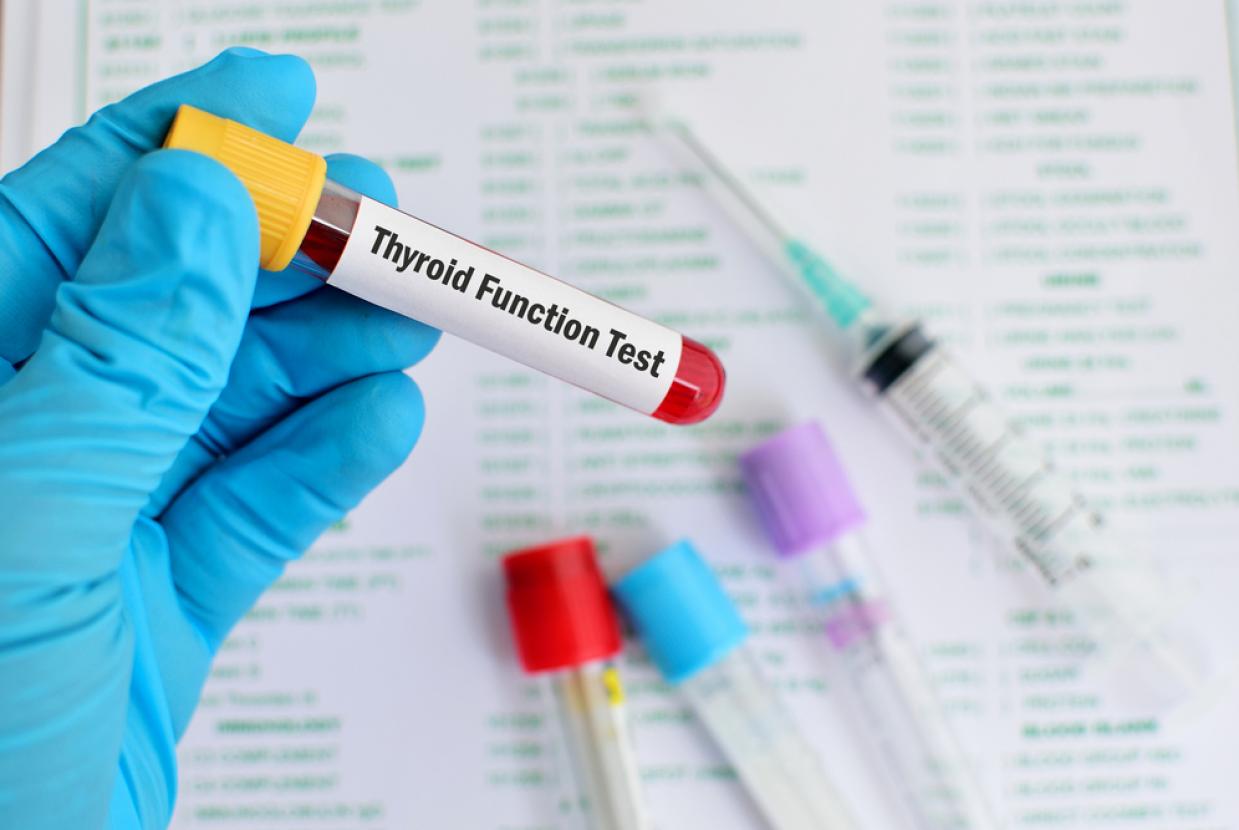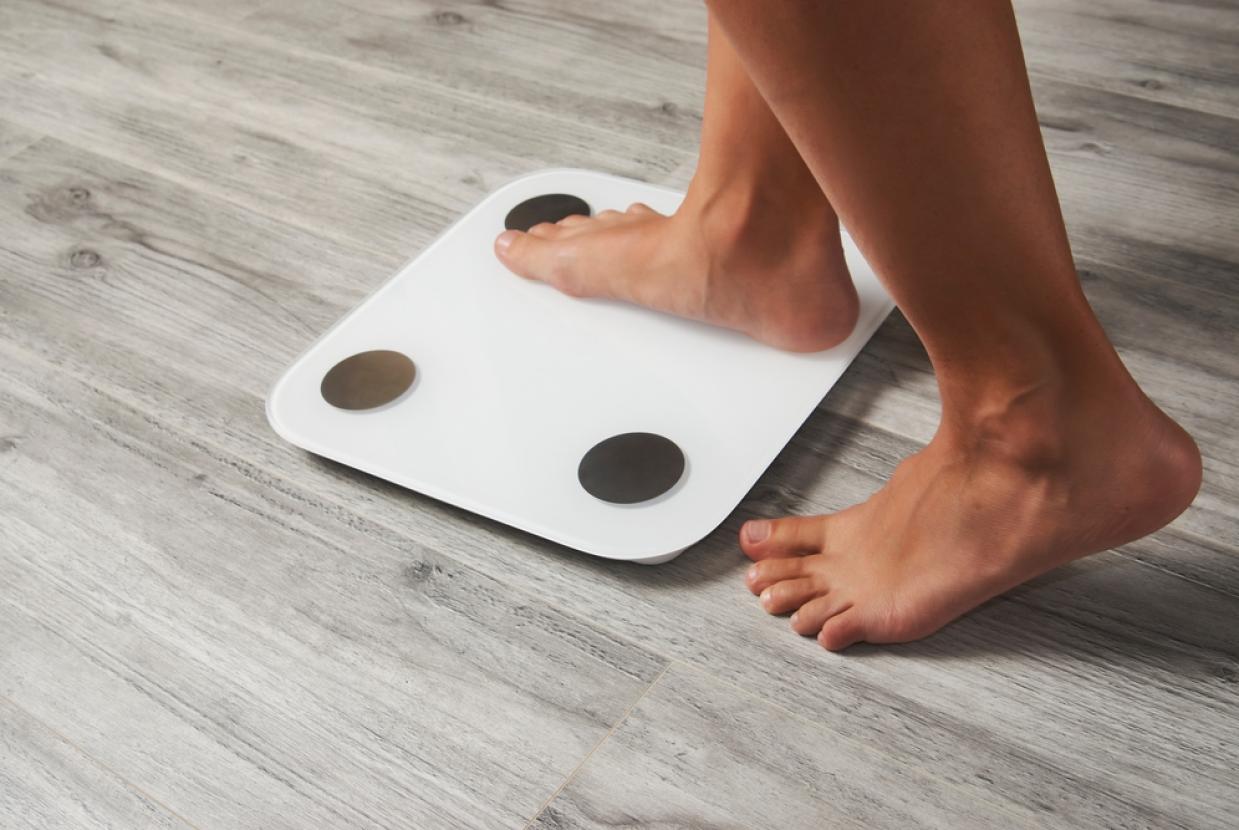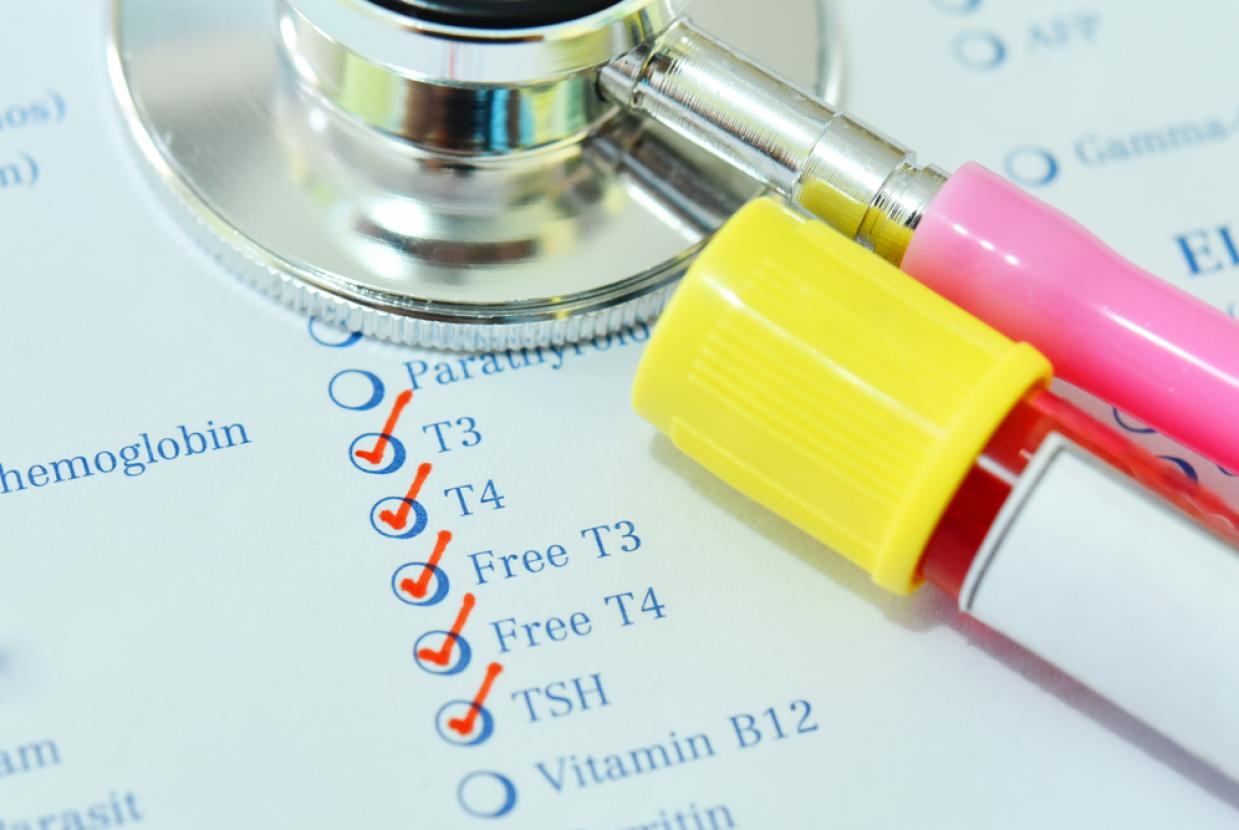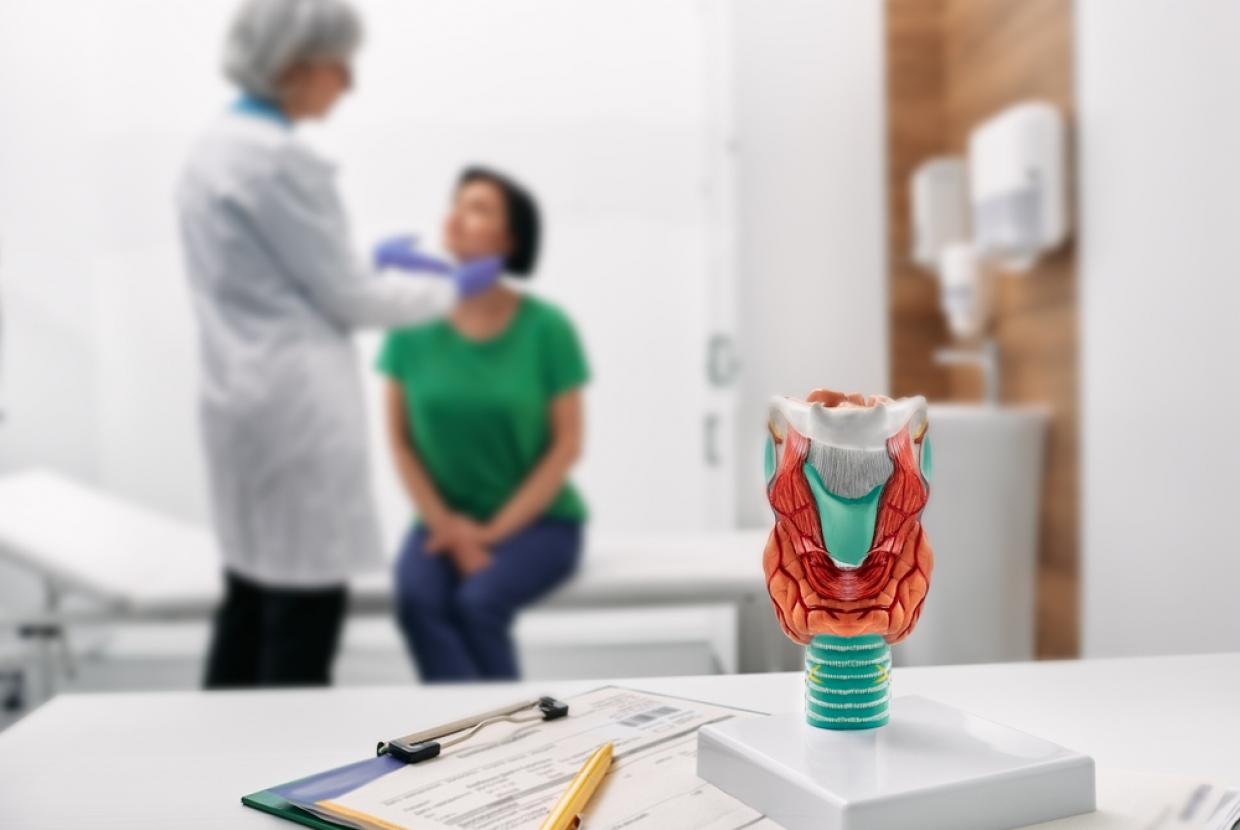Advice For Parents Of Overweight Children
NHS
Children can become overweight when they get more energy from food and drink than they use through activity. Overweight children are more likely to become overweight as adults. This could lead to long-term conditions such as type 2 diabetes. Making changes to their diet and activity levels can help them reach a healthy weight.
Check if your child is a healthy weight
It can be difficult to tell if a child is overweight as they're still growing. You can check by calculating their body mass index (BMI).
The result will be given as a centile (or percentile). You'll need to know their date of birth, height, weight and when you measured them. Calculate your BMI for children and teenagers
Tips to help your child reach a healthier weight
Do
- get active every day – find an activity they enjoy, such as sports, playground activities or walking to school
- aim to give them a healthy, balanced diet that includes fruit and vegetables, starchy foods, protein and dairy or dairy alternatives
- set realistic targets and involve your child in deciding what changes you're going to make
- use rewards such as stickers or high fives when they reach their food and activity goals
- encourage a healthy attitude to eating – you can be a good role model by staying active and eating healthily
- help them get enough sleep – follow a regular bedtime routine and remove digital screens, such as mobile phones or tablets, from their bedroom at night
Don’t
- do not give them adult-sized portions – use a smaller plate for their meals and start with small servings
- do not give them drinks high in sugar or fat – avoid fizzy drinks and consider swapping whole milk for semi-skimmed milk for children over 2 years old


